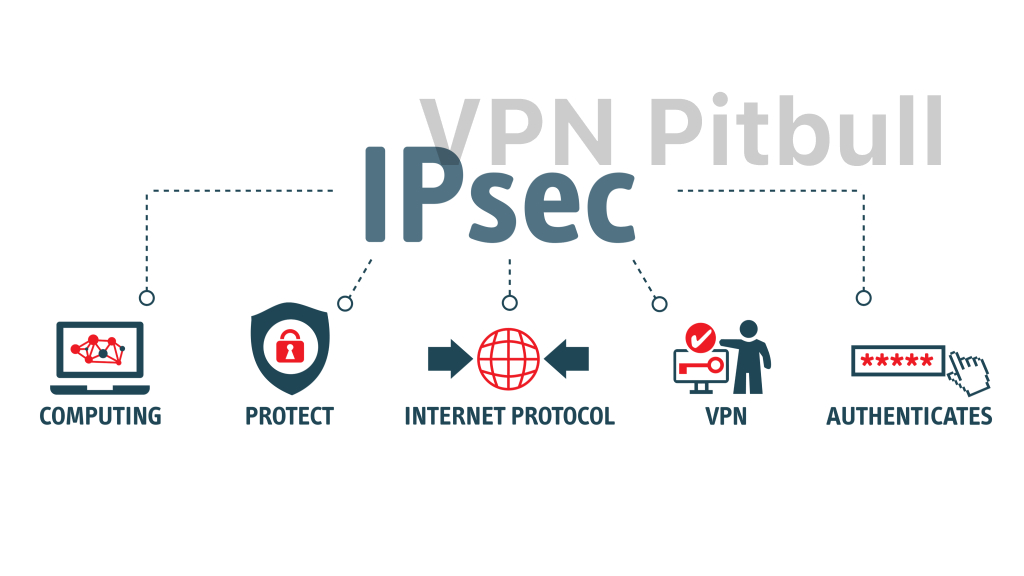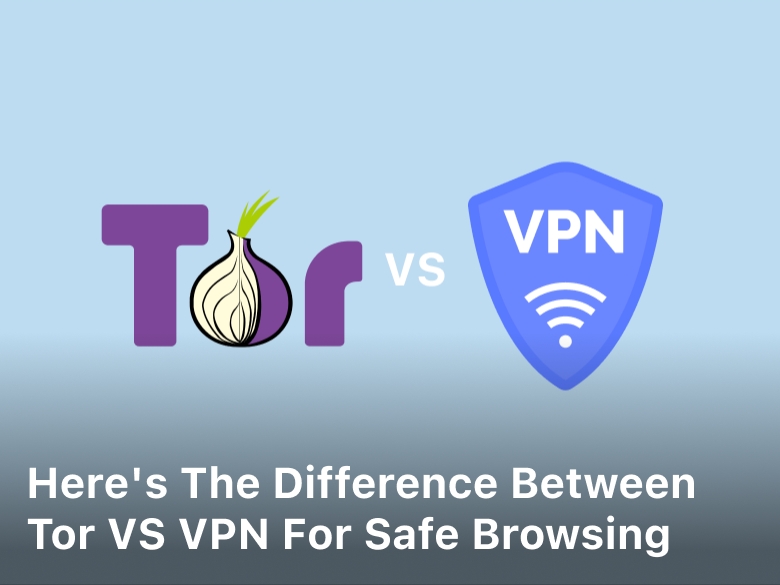Understanding Internet Protocols: A Beginner’s Guide
Welcome to our beginner’s guide to understanding internet protocols. In today’s digital world, the internet has become an integral part of our daily lives.
The internet is a vast network of interconnected devices, servers, and networks that communicate with each other to deliver the digital services we rely on.
To enable communication and data transfer across devices and networks, we use internet protocols.
In this section, we will explore the basics of internet protocols, explaining their importance for anyone who is new to this topic.
By the end of this section, you will have a strong foundation of knowledge about internet protocols, which you can use to navigate the internet with greater confidence.
So, let’s begin our journey of understanding internet protocols and unlocking the power of the internet!
What are Internet Protocols?
Now that we have introduced the concept of internet protocols, let’s dive deeper into understanding what they are and why they are important. In simple terms, internet protocols are a set of rules that govern how devices and networks communicate with each other over the internet.
To enable communication between devices, data must be transmitted in a standardized format that both the sender and the receiver can understand. This is where internet protocols come in, ensuring that data is formatted correctly and sent to the intended destination.
One of the most important aspects of internet protocols is their ability to break down data into smaller units called packets. These packets are then sent across the internet and reassembled at the destination device. This process ensures efficient and reliable data transmission, even over large distances and across different types of networks.
In summary, internet protocols are the backbone of communication over the internet, enabling devices to transmit and receive data in a standardized and efficient manner.
Types of Internet Protocols

There are several different types of internet protocols in use today, each with their own specific purpose and function. In this section, we will take a closer look at some of the most common types of internet protocols and what they are used for.
TCP/IP
Transmission Control Protocol/Internet Protocol (TCP/IP) is perhaps the most well-known and commonly used internet protocol. It is responsible for enabling communication between devices on the internet, ensuring that data is transmitted accurately and efficiently. TCP/IP breaks data down into smaller chunks called packets, which are then sent and reassembled at the destination device.
HTTP
Hypertext Transfer Protocol (HTTP) is another widely used internet protocol. It is used to transfer data between web servers and client devices, such as computers and smartphones. HTTP is what allows us to browse the internet, as it sends requests to web servers for web pages and then delivers the content back to our devices.
DNS
Domain Name System (DNS) is an internet protocol that is responsible for translating domain names into IP addresses. This is important because domain names are much easier to remember than IP addresses, which are a series of numbers. When we type a URL into our web browser, DNS translates that URL into an IP address so that our device can connect to the appropriate web server.
There are many other types of internet protocols in use, such as SMTP, FTP, and SSH, each with their own specific uses and functions. Understanding these protocols is essential to fully grasp the workings of the internet and how different devices and networks communicate with one another.
The Importance of Internet Protocols in Everyday Life
Internet protocols play a crucial role in our daily lives by enabling seamless communication between devices and networks. Without internet protocols, we would not be able to access the internet, send emails, or stream online videos.
One of the most significant contributions of internet protocols is their ability to enable secure online transactions.
Every time you enter personal information online, such as credit card details, internet protocols ensure that the information is encrypted and transmitted securely to the intended recipient.
The importance of internet protocols goes beyond personal use. They are also vital for businesses and organizations.
Many businesses rely on online transactions and communication for day-to-day operations, and internet protocols ensure that these processes run smoothly.
Furthermore, internet protocols have enabled the rise of the Internet of Things (IoT), which has revolutionized the way we interact with devices and appliances in our homes and workplaces. Internet protocols allow these devices to communicate with each other, creating a seamless and connected experience that enhances our daily lives.
In conclusion, internet protocols are the backbone of the internet and play a significant role in our daily lives. They enable seamless communication and secure transactions, making the digital world safer and more accessible. As we continue to rely on technology in every aspect of our lives, understanding and appreciating the importance of internet protocols becomes increasingly crucial.
Conclusion
In conclusion, understanding internet protocols is essential in today’s digital world. By grasping the basics of internet protocols, we gain a better understanding of how different devices communicate with each other and how the internet functions.
The importance of internet protocols in our daily lives cannot be overstated. Without them, we would not be able to enjoy seamless browsing, email communication, online video streaming, and other online activities that have become an integral part of our modern lifestyle.
As we continue to rely on the internet for various aspects of our lives, it is crucial to have a basic understanding of internet protocols. This knowledge will enable us to navigate the digital world with greater confidence and take advantage of all that it has to offer.
FAQ
What are internet protocols?
Internet protocols are sets of rules and standards that govern how data is transmitted and received across the internet. They facilitate communication between devices and networks, ensuring that information can be exchanged accurately and efficiently.
How do internet protocols work?
Internet protocols work by breaking data into smaller packets, which are then transmitted over the internet. Each packet contains information such as the sender’s and receiver’s IP addresses, as well as the type of data being transmitted.
The packets are sent from the sender to the receiver via various network devices, following specific routing protocols, until they reach their destination where they are reassembled.
What are some common types of internet protocols?
Some common types of internet protocols include TCP/IP (Transmission Control Protocol/Internet Protocol), which is the foundation of communication on the internet, HTTP (Hypertext Transfer Protocol), which is used for web browsing, and DNS (Domain Name System), which translates domain names into IP addresses.
These protocols, among others, play crucial roles in enabling the functionality of the internet.
Why are internet protocols important?
Internet protocols are essential for the functioning of the internet and the seamless communication between devices and networks.
They allow us to browse websites, send emails, stream videos, and engage in various online activities. Without internet protocols, the internet as we know it today would not exist.
How can understanding internet protocols benefit me?
Understanding internet protocols can benefit you by giving you a better grasp of how the internet works.
It can help you troubleshoot connectivity issues, make informed decisions about network configurations, and enhance your overall digital literacy. Additionally, professionals in fields such as IT, networking, and cybersecurity can greatly benefit from a deeper understanding of internet protocols.




